Pride in Me: Curt Miller's Drive to Inspire
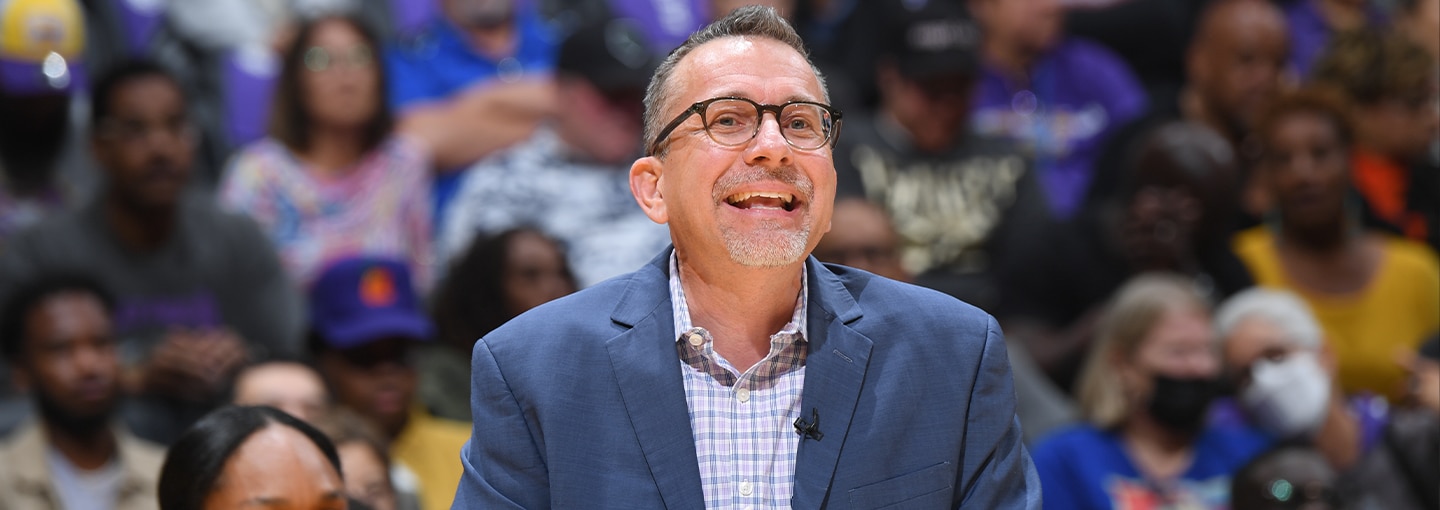
Curt Miller has lived with no shame or fear as an openly gay basketball coach for years.
His authenticity, self-love, and self-acceptance made him a team and fan favorite in basketball.
But he didn’t always want that to be the only way people defined him.
“This month, Pride Month is so important to me because, for the longest time, I didn’t want to be known as ‘the gay coach,’” Miller said. “I wanted to be known as the successful coach. As I look at the back of my career now, I’ve come full circle to where I do want my legacy to be that I successfully navigated team sports at the highest level as a gay male.
“My legacy down the stretch of my career is no longer wins and championships. I really have transitioned into my legacy,” Miller continued. “I do want to use my platform. I do want to use my visibility and representation as a gay male so that you can not only reach the pinnacle of pro sports as a gay male – you can thrive at it.”
“I want to be that role model for the next generations of gay male coaches that are right now wondering if they can continue to chase their dream. I want them to know that they certainly can.”
Miller, 54, known for his rimmed glasses and snazzy shirts, has blazed a successful trail in the collegiate and professional basketball world. He’s currently in his first season as head coach of the Los Angeles Sparks after seven seasons with the Connecticut Sun. Before joining the Sun in 2016, Miller was an assistant coach with the Sparks in 2015.
He led the Sun to the Finals in 2019 and 2022, where they lost to the Las Vegas Aces. During his seven-year run in Connecticut, the team made the playoffs for six years. Miller’s record was 140-86, and he was named the WNBA Coach of the Year twice (2017, 2021). He also served as the Sun general manager and was named the league’s Executive of the Year in 2017.
Before joining the professional ranks, Miller coached college ball at Bowling Green and Indiana from 2001 to 2014. He had successful tenures at both schools and was proudly, openly gay, and was adamant that everyone was aware.
“I became comfortable in my own skin and started living authentically and out in the coaching profession during my collegiate coaching days as an assistant coach,” Miller recalls. “And when I had the opportunity to start interviewing for head coaching college jobs, I was very honest with all the potential employers and the people interviewing me that I was an openly gay male, and at the time had a partner and we were raising twin boys.”
“Again, it was very important to me that they understood that my family was/is really important to me and that it was part of my package.”
He got the Bowling Green job in 2001, with everyone in the women’s basketball circles aware that he was openly gay.
“I was out in the women’s basketball circle. Obviously, the administration, the fan base, and the recruits all knew I had a partner and was raising twin boys, but no one at that point approached me about a national story, and I never felt compelled to seek an opportunity to be more publicly out,” Miller said.
“I was comfortable. I lived authentically. Everyone knew in the basketball circles. The women’s basketball landscape knew I was an openly gay male as a head coach, but not very many other people did.”
After rebuilding Bowling Green into a mid-major powerhouse, he landed what he said was then his dream job in the Big 10 at Indiana University. He introduced his then-long-time partner and twins at the introductory press conference “and continued to live very authentically and openly as a gay man in college basketball.”
His status as an openly gay basketball coach did not truly hit public attention until an article in Outsports.com in late 2015, shortly after accepting the Sun job, even though he had been open in college basketball since the late 90s. One in the New York Times followed that article, essentially letting the world know what so many already did.
His successes on the court are well-documented, and he’s lived just as successfully and happily away from the court as an openly gay male who understands the importance of role models and visibility in the gay community.
“I am passionate about the next generation. I’m passionate about giving back. I’m passionate about being that trailblazer role model for others that they can thrive in team sports, and in particular, in my case, I want them to know they can thrive in basketball,” Miller said.
“My platform and visibility are so much more important. I’ve come full circle with how important this month is but also just what potentially my legacy can be. In the sport of basketball, men’s college basketball, Division 1 women’s college ball, G-league, NBA, and WNBA, there are over 770 teams and franchises, and I am still the only gay male head coach in the sport of basketball men or women’s at the highest level of our sport,” he said.
This is why he feels an onus, a burden if you will, about being the role model, the inspiration, the representation, and the example for others like him.
“This month, Pride Month, is important to me because I continually hear from gay male coaches wondering if they can navigate and have the opportunities of advancement in our great game. And I’ve watched over the last decade too many gay male coaches give up the dream and worry that they could advance in our sport or in men’s basketball and drop out.
“I carry the burden and feel pressure to hoist that (championship) trophy, that final rung on the ladder more than anything because I want the decision-makers, those people around the table deciding on next coaches, on next GMs that gay men can succeed at the highest level of team sports and, especially in my case, at basketball,” Miller said.
“I want to see the younger generation, the next young gay male that is trying to have a career in team sports at the highest level that they can do it,” Miller continued. “I do carry that with me and feel that, but I look at that as an incredible responsibility and opportunity, and now while I feel it, I welcome that and feel it will be a big part of my legacy.”
WNBA reporter Dorothy J. Gentry writes a column on WNBA.com throughout the season and can be reached on Twitter at @DorothyJGentry. The views on this page do not necessarily reflect the views of the WNBA or its clubs.

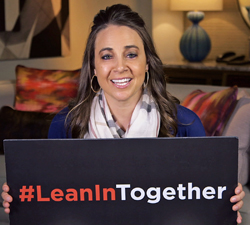,xPosition=.5,yPosition=.5)
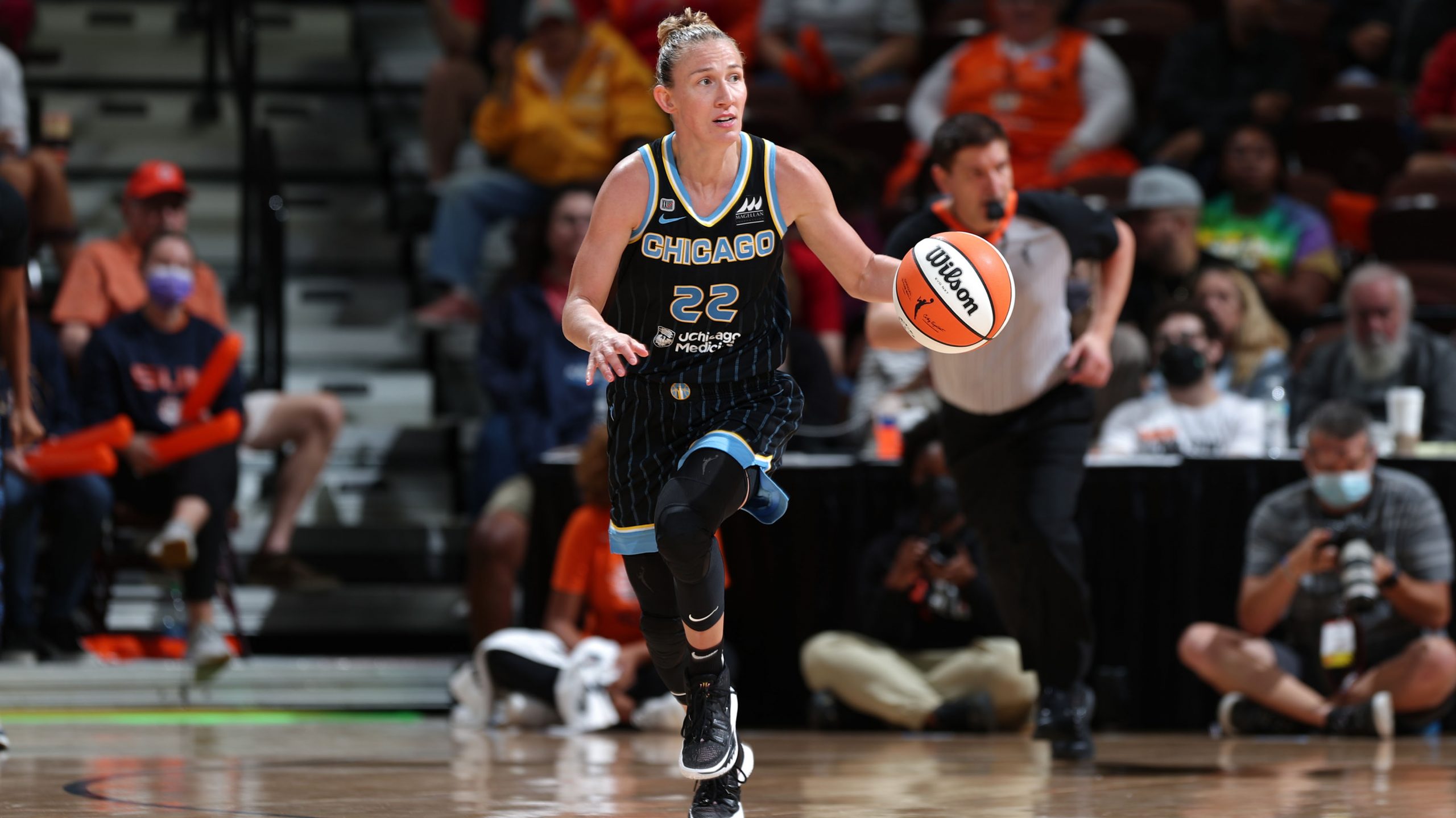,xPosition=.5,yPosition=.5)
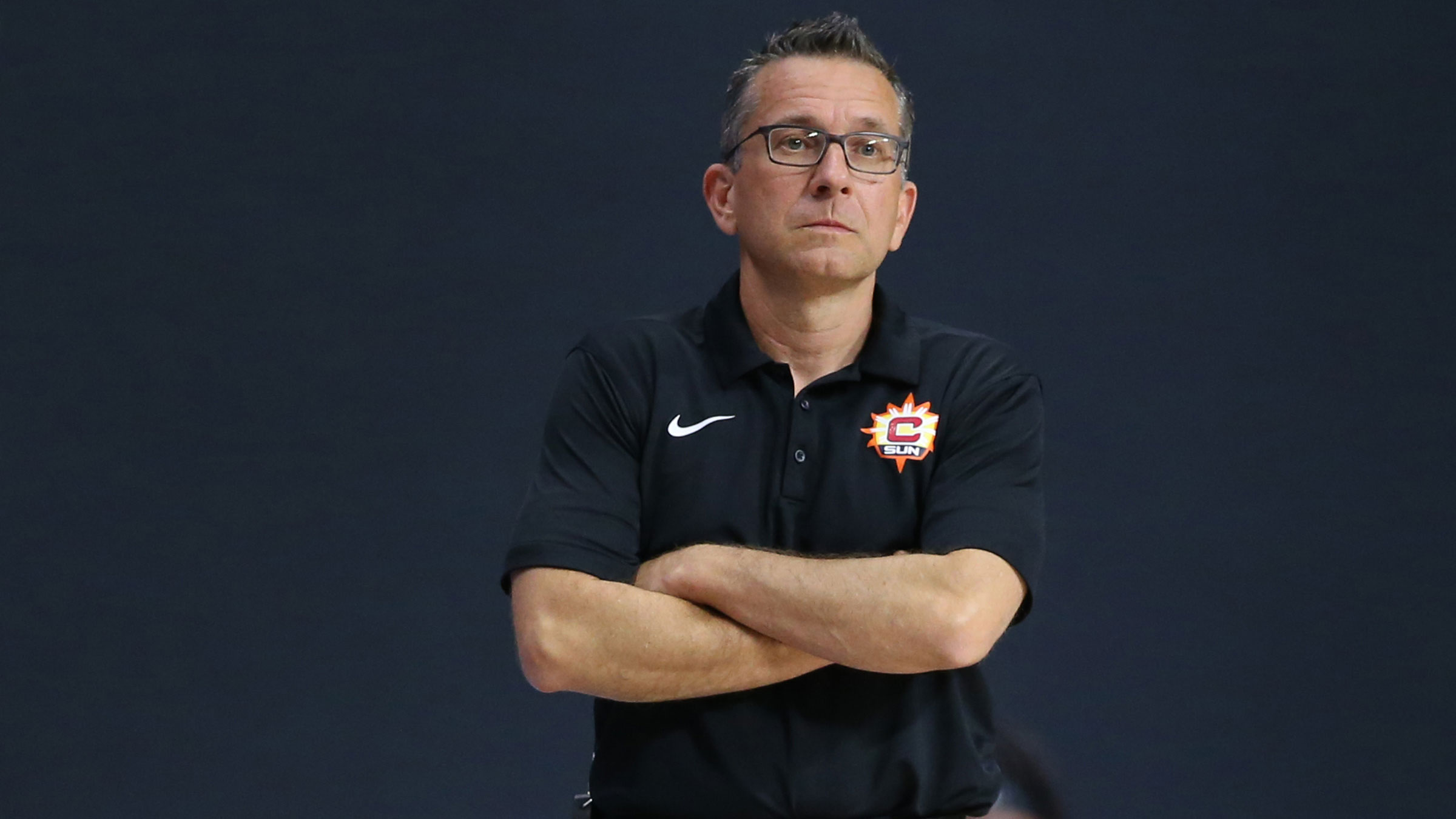,xPosition=.5,yPosition=.5)
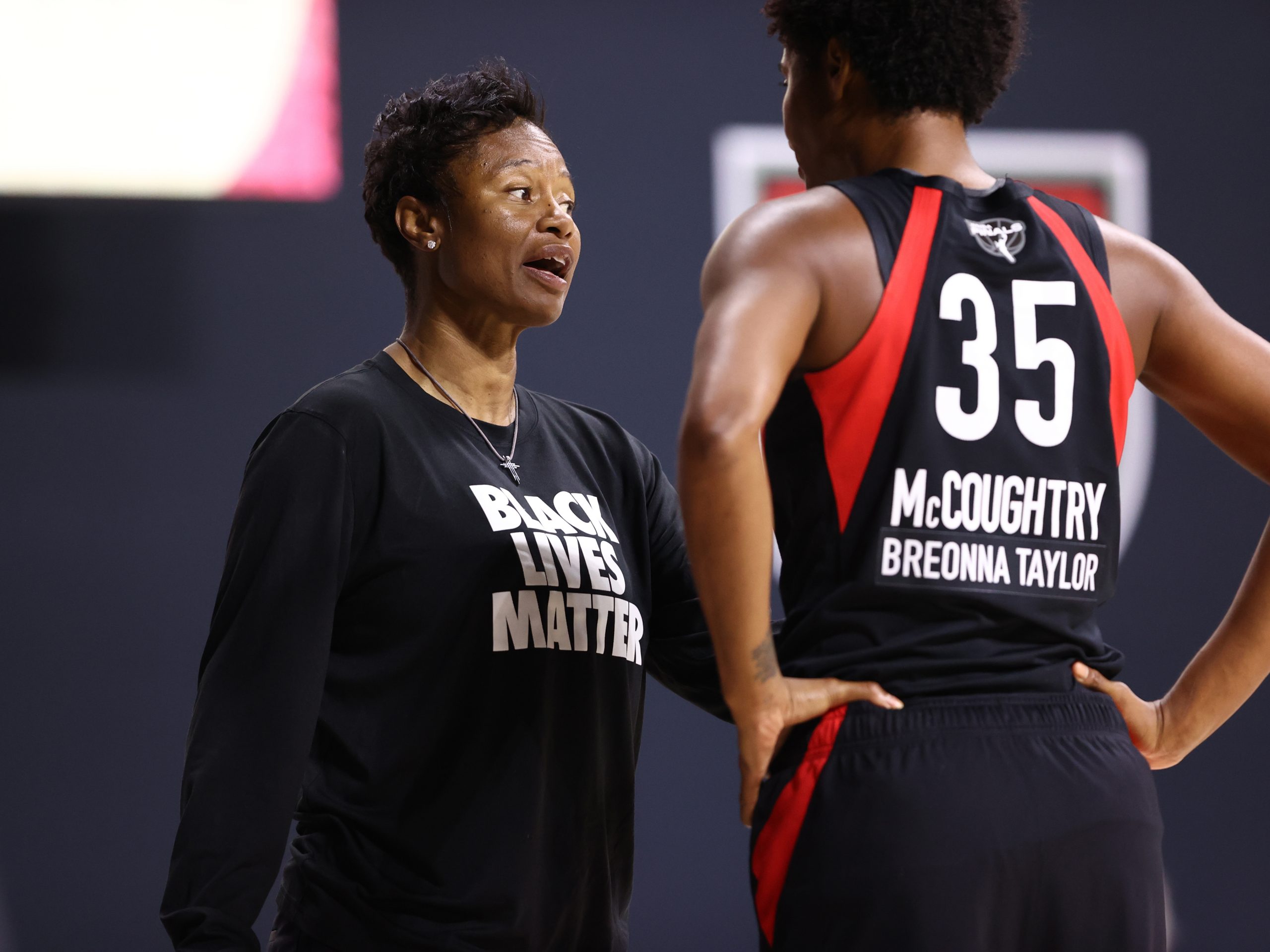,xPosition=.5,yPosition=.5)